

 University of Environment and Sustainable Development (UESD) has held its fifth annual commencement lecture in Somanya to address the critical challenges faced by the country in mitigating the effect of climate change.
University of Environment and Sustainable Development (UESD) has held its fifth annual commencement lecture in Somanya to address the critical challenges faced by the country in mitigating the effect of climate change.
The theme of this year’s lecture was “Forests for the Future: Strategies for Addressing Climate Change, Biodiversity Loss, and Sustainable Development in Ghana.”
The conference also sought to address the essential role forests play in mitigating climate change and promoting sustainability.
The event was also used to launch the A Rocha Ghana Award for the best student in BSc. Nature Conservation and Management.
The award, instituted in 2025, includes a cash prize, a certificate, and up to a three-month internship opportunity at any of the A Rocha Ghana office across the country.
Dr Seth Appiah-Kubi, National Director of A Rocha Ghana, and the guest speaker at the UESD fifth annual commencement lecture, stated that human activities were significant contributors to climate change and biodiversity loss.
He highlighted that the value placed on forest estates and the efforts made in their management were crucial to addressing these challenges.
He called for strategic measures to mitigate the consequences, stressing the importance of sustainable forest management to ensure environmental protection and resilience.
The event brought together representatives from various institutions, and other students, marking a significant step in promoting environmental sustainability and conservation efforts in Ghana.
“The value we place in our forest estates and the effort we put into their management will be crucial in our success in this endeavour,” he stressed.
Dr Appiah-Kubi highlighted global and international efforts led by the United Nations to combat climate change, citing the Intergovernmental Panel on Climate Change (IPCC) and the United Nations Framework Convention on Climate Change (UNFCCC) as pivotal frameworks in this endeavour.
The IPCC provides scientific information to national governments to aid in climate policy development, while the UNFCCC is an international treaty aimed at preventing dangerous human interference with the climate system.
At the UNFCCC Conference of the Parties (COP) meetings, countries are required to demonstrate their progress in meeting Nationally Determined Contributions (NDCs) to reduce greenhouse gas emissions and achieve the global goal of limiting temperature rise to 1.5°C, while also adapting to the impacts of climate change.
Dr. Appiah-Kubi emphasised Ghana’s strategic ambitions to reach net zero emissions by 2060, stating that in line with this goal, Ghana launched the Ghana Energy Transition and Investment Plan in September 2023 during the UN General Assembly.
He also addressed the fight against biodiversity loss, citing the United Nations Convention on Biological Diversity as a critical legal framework established to protect biodiversity.
His remarks underscored the importance of global cooperation and strategic national efforts in addressing climate change and biodiversity loss, calling for increased value and effort in managing forest estates to ensure environmental sustainability.
Professor Eric Nyarko-Sampson, Vice-Chancellor of the UESD, stated that according to the Global Forest Resources Assessment (2020), forests cover approximately 31 percent of the world’s land area. These forests represent the largest terrestrial ecosystems on Earth.
However, he noted that human activities, including the unsustainable use of forest resources, negatively impacted forest ecosystems.
“As a university we have taken the charge and mandate to secure the environment in a sustained manner for sustainable development seriously,” he stressed.
“The first is to develop programmes that meet our mandate and get them duly accredited by the national accreditation agency, and the Ghana Tertiary Education Commission.”
The Vice Chancellor announced that the University has received accreditation certificates for six new programmes.
These include a Bachelor of Science (BSc) in Economics, a BSc in Statistics, and a BSc in Fisheries Economics and Management.
Additionally, the new accredited programmes consist of a Master of Philosophy (MPhil) in Sustainable Aquaculture and Biotechnology, a Master of Philosophy in Environmental Restoration Studies, and a Master of Science (MSc) in Environmental Restoration Studies.
“Preparations are on course to roll out these programmes, having turned out the first of graduates in November 2024,” he added.
Source: GNA
The post UESD organises Fifth Commencement Lecture, launches A Rocha Ghana Award appeared first on Ghana Business News.
Read Full Story


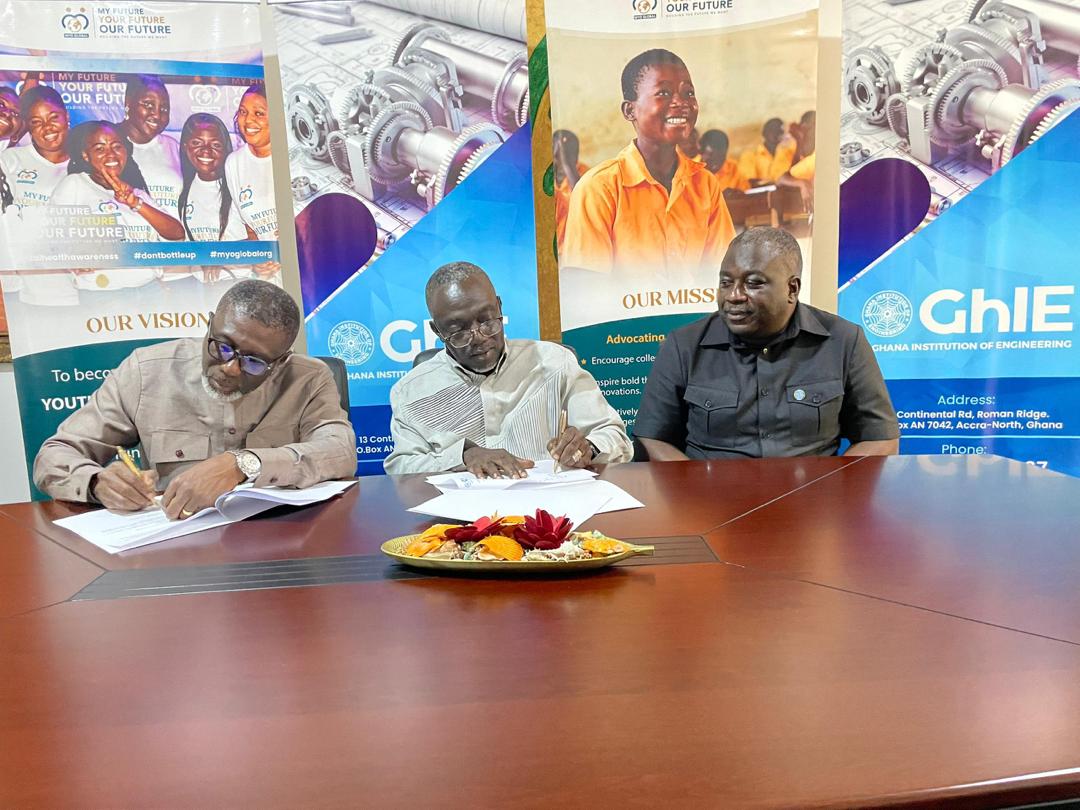

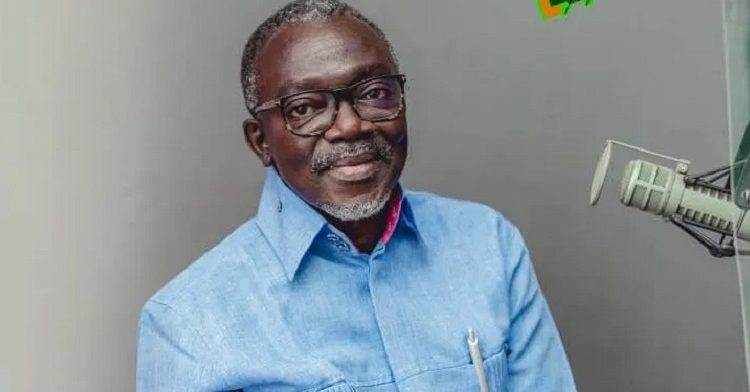


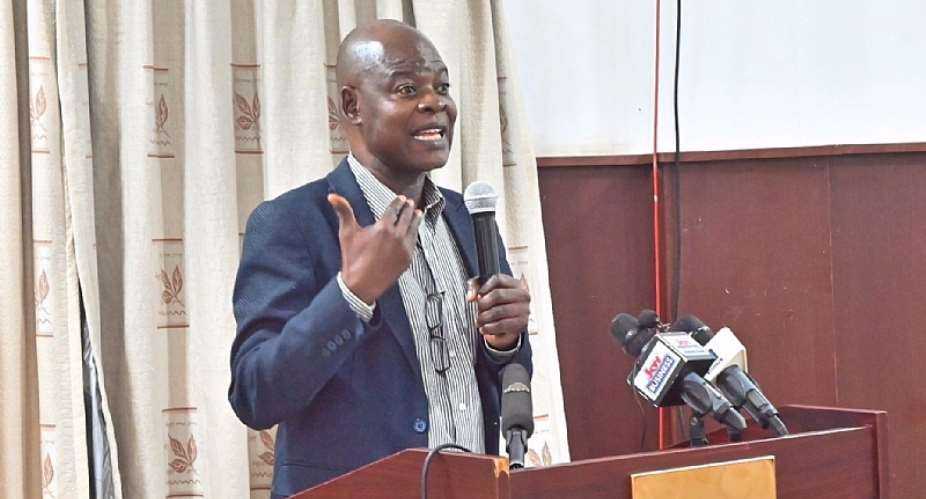



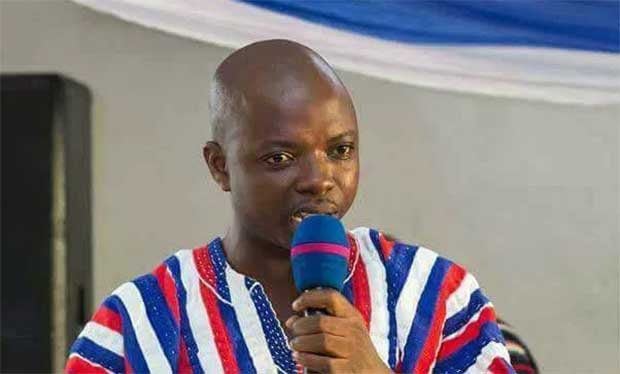





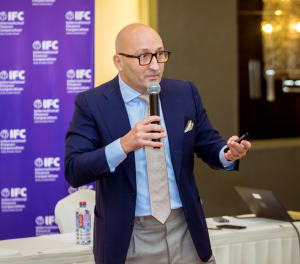
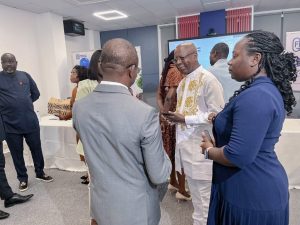

Facebook
Twitter
Pinterest
Instagram
Google+
YouTube
LinkedIn
RSS